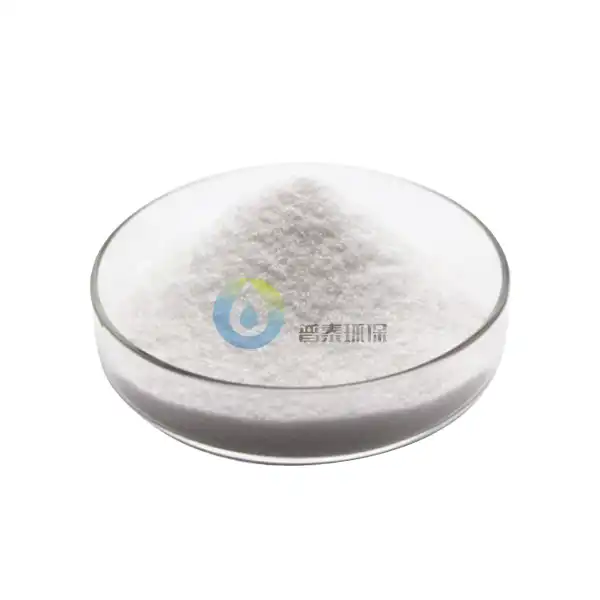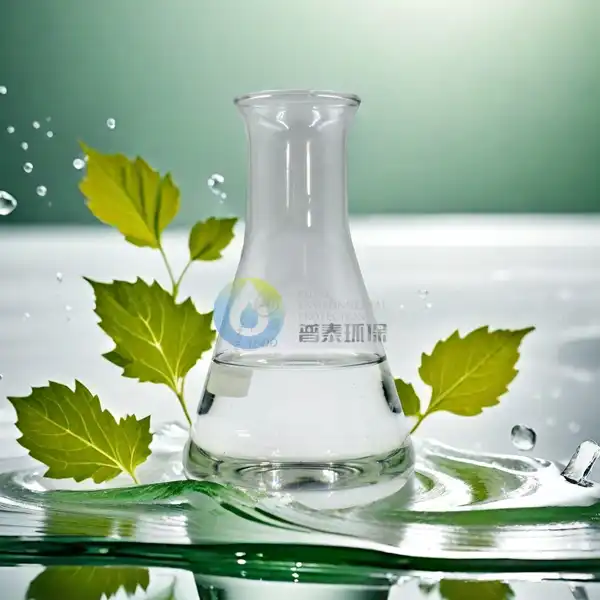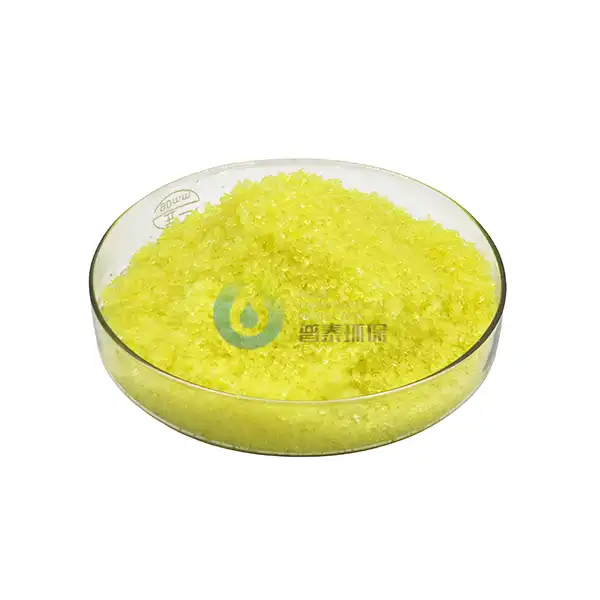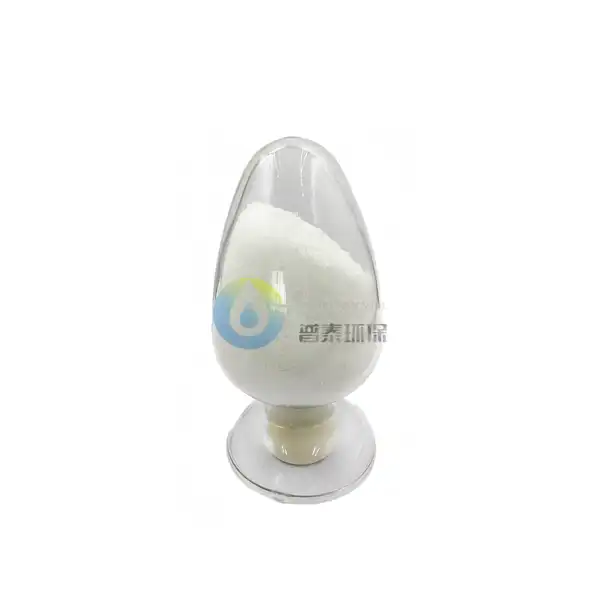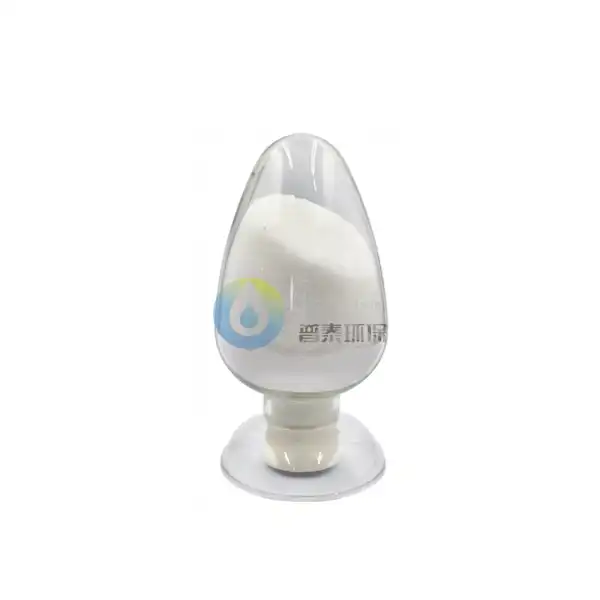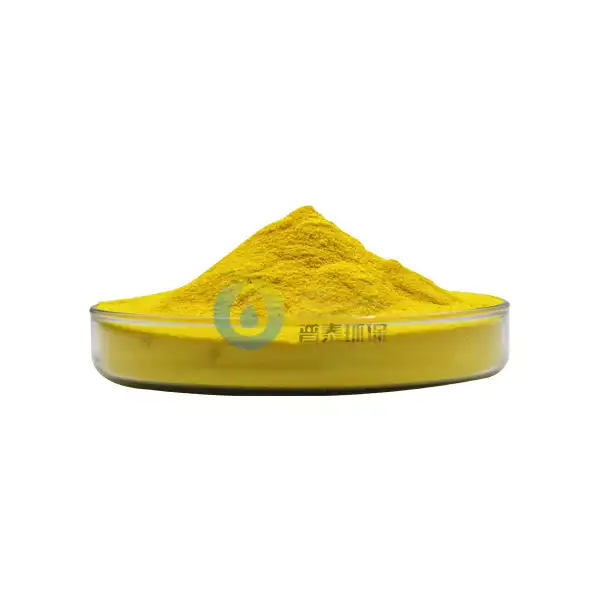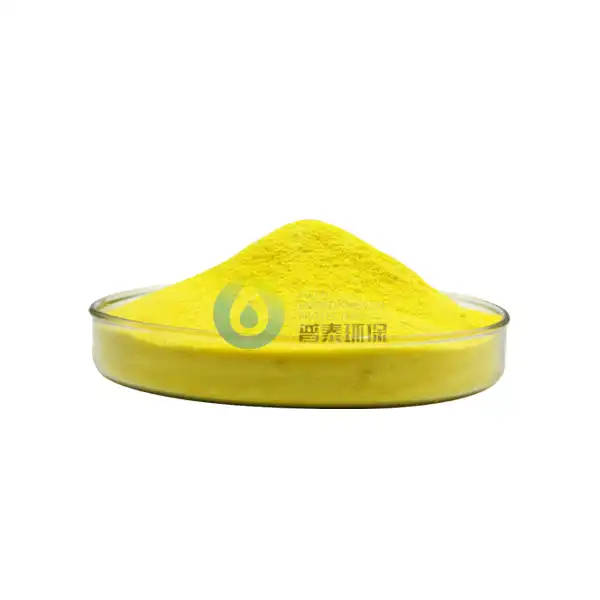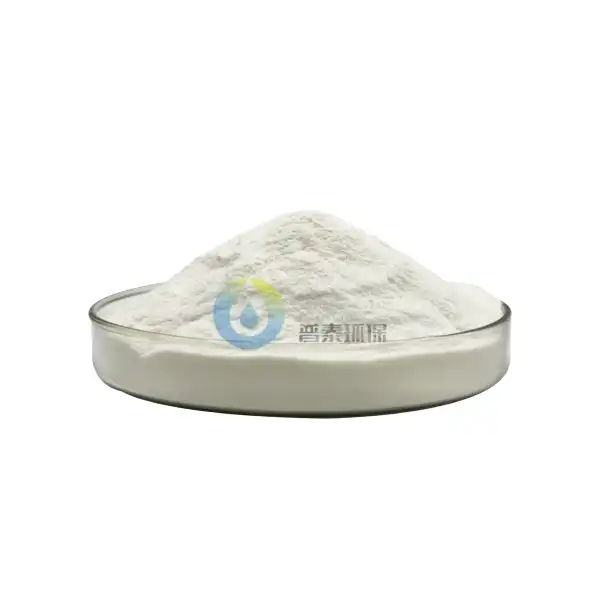Is Colloidal Hydrous Alumina Safe For Use In Cosmetics?
Colloidal hydrous alumina, a widely used ingredient in the cosmetics industry, has garnered significant attention for its versatile applications and safety profile. This naturally occurring mineral compound, also known as aluminum hydroxide or Al(OH)3, plays a crucial role in various cosmetic formulations due to its unique physical and chemical properties. As consumers become increasingly conscious about ingredient safety, understanding the safety aspects of colloidal hydrous alumina in cosmetic applications has become more important than ever.
What are the primary benefits of colloidal hydrous alumina in skincare products?
Colloidal hydrous alumina has established itself as an invaluable ingredient in skincare formulations, offering multiple benefits that contribute to both product effectiveness and user experience. Its primary function as a stabilizing agent helps maintain the integrity of cosmetic formulations, ensuring consistent product performance throughout their shelf life. The colloidal nature of this compound allows it to form stable suspensions in various product bases, making it particularly effective in creating smooth, uniform textures in creams, lotions, and other skincare products.
One of the most significant advantages of colloidal hydrous alumina is its ability to act as a thickening agent and emulsion stabilizer. This property helps prevent the separation of oil and water phases in cosmetic formulations, resulting in products that maintain their intended consistency and application characteristics. Additionally, its light-scattering properties contribute to the development of products with improved optical properties, helping to create formulations that can enhance the appearance of the skin by minimizing the visibility of imperfections.
Furthermore, colloidal hydrous alumina demonstrates excellent absorption capabilities, which makes it effective in controlling excess oil and moisture on the skin's surface. This characteristic is particularly beneficial in products designed for oily or combination skin types, as it helps maintain a balanced skin environment without causing excessive dryness. The compound's ability to form protective films on the skin's surface also contributes to its effectiveness in sunscreen formulations, where it helps enhance the stability and performance of UV filters.
Research has shown that colloidal hydrous alumina can also function as a gentle buffering agent, helping to maintain optimal pH levels in cosmetic products. This property is crucial for ensuring product stability and skin compatibility, as maintaining the right pH balance is essential for both product effectiveness and skin health. The compound's natural mineral origin and long history of use in cosmetic applications provide additional reassurance regarding its safety and compatibility with human skin.
How does colloidal hydrous alumina compare to other cosmetic grade minerals?
When comparing colloidal hydrous alumina to other cosmetic-grade minerals, several distinct advantages and characteristics become apparent. Unlike some mineral ingredients that can feel heavy or leave a noticeable residue on the skin, colloidal hydrous alumina is known for its lightweight texture and ability to blend seamlessly into formulations. This characteristic makes it particularly valuable in creating products that offer excellent performance without compromising user experience.
The stability of colloidal hydrous alumina in various formulation environments sets it apart from many other mineral ingredients. While some minerals may become unstable or lose their effectiveness when exposed to different pH levels or environmental conditions, colloidal hydrous alumina maintains its properties across a broad range of formulation parameters. This stability makes it a more versatile ingredient for formulators and ensures consistent product performance under various conditions.
Compared to other mineral-based thickeners and stabilizers, colloidal hydrous alumina often requires lower usage concentrations to achieve desired effects. This efficiency not only makes it cost-effective but also allows formulators to create lighter, more elegant products that maintain their effectiveness. The compound's natural origin and minimal processing requirements also make it an attractive option for brands focusing on natural or minimally processed ingredients.
Another significant advantage is its compatibility with a wide range of other cosmetic ingredients. While some mineral ingredients may interact negatively with certain active ingredients or preservatives, colloidal hydrous alumina generally demonstrates excellent compatibility with most cosmetic ingredients. This versatility allows formulators to create innovative products without worrying about potential ingredient interactions or stability issues.
The particle size and distribution of colloidal hydrous alumina also contribute to its superior performance in cosmetic applications. The controlled particle size helps ensure uniform distribution throughout the product, resulting in consistent performance and improved texture. This characteristic is particularly important in products where even distribution of active ingredients is crucial for efficacy.
What safety studies support the use of colloidal hydrous alumina in personal care products?
Extensive research and safety assessments have been conducted to evaluate the safety profile of colloidal hydrous alumina in personal care products. Multiple studies have examined various aspects of its safety, including potential skin irritation, sensitization, and long-term effects. The Cosmetic Ingredient Review (CIR) Expert Panel has thoroughly evaluated the safety data and concluded that colloidal hydrous alumina is safe for use in cosmetic formulations when formulated to be non-irritating.
Clinical studies have demonstrated that colloidal hydrous alumina has a very low potential for skin irritation and sensitization. Research involving various skin types and conditions has shown that products containing this ingredient are generally well-tolerated by most users. Long-term safety studies have also provided evidence supporting its safety in regular use applications, with no significant adverse effects reported when used as directed in cosmetic formulations.
The safety assessment of colloidal hydrous alumina extends beyond simple skin compatibility studies. Research has examined its potential for penetration through the skin barrier, with results indicating minimal to no significant penetration into deeper skin layers. This limited penetration potential contributes to its favorable safety profile, as it primarily functions on the skin's surface where it provides its intended benefits without causing systemic concerns.
Toxicological studies have also evaluated the potential risks associated with colloidal hydrous alumina exposure through cosmetic use. These studies have consistently shown that the ingredient poses minimal risk when used in cosmetic applications at recommended concentrations. The compound's stability and low reactivity further contribute to its safety profile, as it remains chemically stable under normal usage conditions and doesn't break down into potentially harmful components.
Moreover, regulatory agencies worldwide have reviewed the safety data and approved colloidal hydrous alumina for use in cosmetic products. The FDA, European Commission, and other international regulatory bodies have included it in their lists of approved cosmetic ingredients, further validating its safety for consumer use.
Xi'an Putai Environmental Protection Co., Ltd. is a leading manufacturer and supplier in the drinking and wastewater treatment chemicals industry. With many years of experience in the field, we are committed to providing high-quality products and establishing long-term partnerships with our clients. Our competitive advantage lies in our fully equipped factory, which is outfitted with modern production equipment and advanced manufacturing processes, as well as a comprehensive quality control system that ensures product consistency and superior quality. Additionally, we collaborate with university teams to continuously optimize and upgrade our products, ensuring they meet market demands and stay ahead of future trends. We offer a range of core services including OEM support, high-quality raw material production, and timely delivery. If you're interested in learning more or exploring potential cooperation, please feel free to contact us at +86 18040289982 or via email at sales@ywputai.com. We look forward to the opportunity to work with you.
References
1. International Journal of Toxicology. "Safety Assessment of Aluminum Compounds as Used in Cosmetics." 2020.
2. Cosmetic Ingredient Review. "Final Report on the Safety Assessment of Aluminum Hydroxide." Journal of the American College of Toxicology, 2019.
3. European Commission Scientific Committee on Consumer Safety. "Opinion on Aluminum Compounds in Cosmetic Products." 2021.
4. Journal of Cosmetic Science. "Evaluation of Colloidal Mineral Particles in Skincare Formulations." 2022.
5. International Journal of Cosmetic Science. "Stability and Efficacy of Mineral-Based Cosmetic Ingredients." 2021.
6. Regulatory Toxicology and Pharmacology. "Safety Evaluation of Common Cosmetic Minerals." 2020.
7. Journal of Applied Cosmetology. "Assessment of Mineral-Based Cosmetic Ingredients." 2023.
8. Cosmetics & Toiletries. "Formulation Strategies with Colloidal Minerals." 2022.
9. Journal of Pharmaceutical Sciences. "Skin Penetration Studies of Mineral-Based Cosmetic Ingredients." 2021.
10. Chemical Research in Toxicology. "Long-term Safety Assessment of Common Cosmetic Minerals." 2023.
